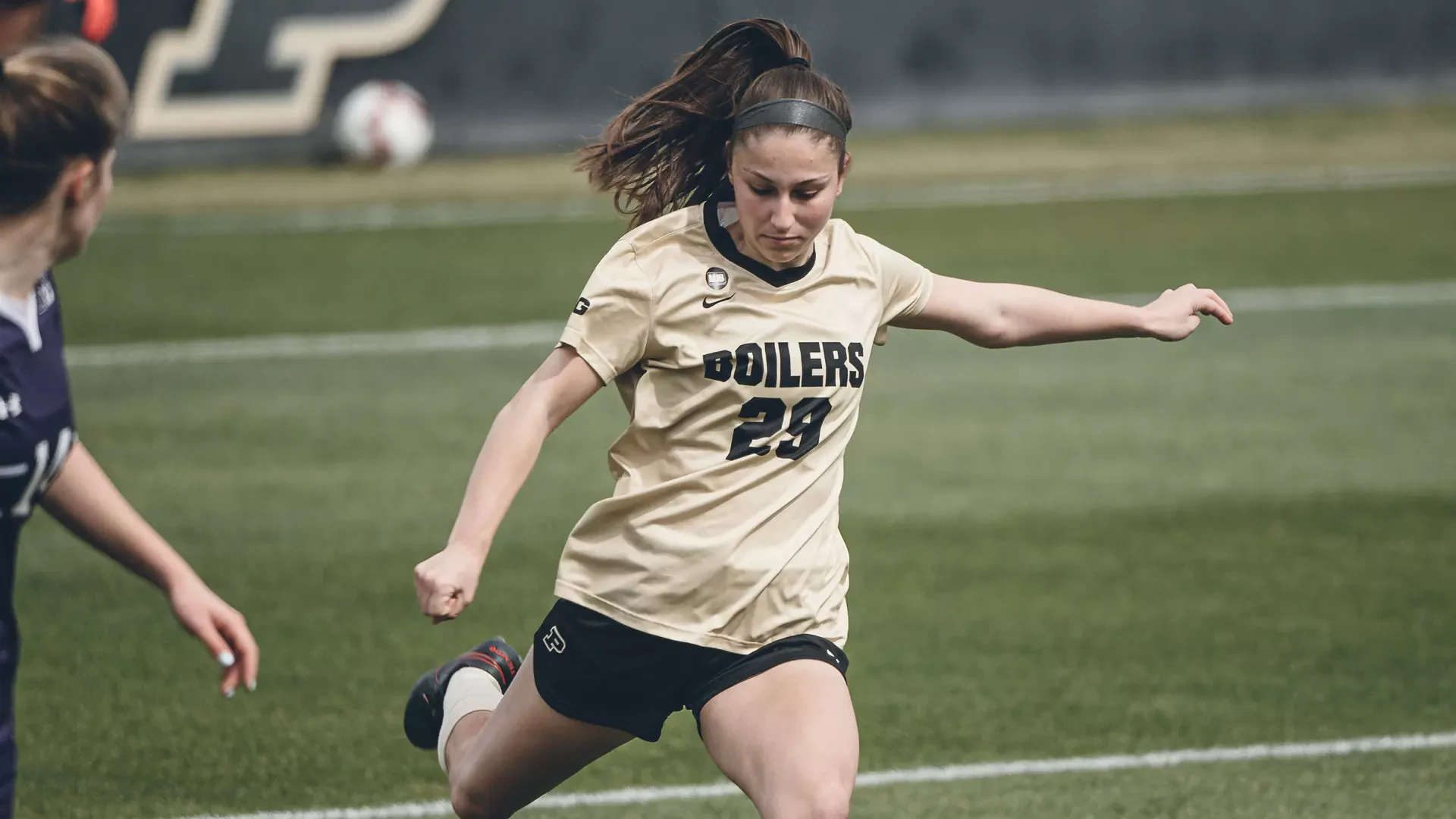The Evolution of Coaching Philosophy: From Opposition to Collaboration

In the ever-changing landscape of sports coaching, the evolution of coaching philosophies plays a crucial role in shaping the success of teams and individual athletes. This blog post explores the journey of legendary Tennessee high school basketball coach Troy Allen, whose 30-year career and 500+ wins offer valuable insights into the transformation of coaching approaches.
The Early Years: Coach vs. Players
When Coach Troy Allen first stepped onto the court as a young coach, his mindset reflected a common perspective of the time - one of opposition between coach and players. This adversarial approach, while sometimes effective in producing short-term results, often created tension and missed opportunities for growth.
"In the last 10 or 12 years... it really took me that long [to realize] it always sort of felt like it was me against the players or the players were against me or we weren't working together. [Then] I really focused on... we're on the same team. I'm for you... I'm working for you."
Key aspects of the traditional coaching model:
- Strict hierarchy
- Emphasis on discipline and toughness
- Limited player input
- Focus on immediate results
The Turning Point: Recognizing the Need for Change
As Coach Allen's career progressed, he began to notice shifts in player dynamics, societal expectations, and the overall coaching landscape. This realization sparked a pivotal moment in his coaching philosophy.
Factors influencing coaching evolution:
- Changing generational attitudes
- Increased focus on player mental health
- Advancements in sports psychology
- Growing emphasis on long-term athlete development
The Transformation: Embracing Collaboration
In the last 10-12 years of his career, Coach Allen made a significant shift in his approach. He moved from viewing the coach-player relationship as oppositional to seeing it as a collaborative effort.
Key elements of the evolved coaching philosophy:
- Alignment of Goals: Recognizing that coaches and players are "on the same team"
- Player-Centric Approach: Focusing on working for the players' benefit
- Open Communication: Encouraging dialogue and feedback from players
- Holistic Development: Addressing both athletic and personal growth
The Impact of a Collaborative Approach
Coach Allen's shift in philosophy led to his greatest successes, both in terms of team performance and player development. This collaborative approach fostered:
"Over 30 years, [I've changed] how I worked with kids... my greatest success were the last 10 years of my career."
- Increased player buy-in
- Improved team cohesion
- Enhanced player confidence and mental toughness
- Better long-term outcomes for athletes
"The sooner kids understand [how to respond to leadership], some people never get that... if kids can learn that a little bit in High School, junior high, college, whatever, they're better prepared for life."
Implementing a Collaborative Coaching Style
For coaches looking to evolve their approach, consider the following strategies:
- Active Listening: Pay attention to player feedback and concerns
- Individualized Coaching: Recognize and adapt to each player's unique needs
- Shared Goal Setting: Involve players in establishing team and individual objectives
- Empowerment: Give players opportunities to take ownership of their development
- Continuous Learning: Stay updated on modern coaching techniques and sports psychology
"We're not just your friend, I'm your coach, I'm your boss. One day hopefully you'll look back and be thankful of your experience with me because I did hold you accountable."
The Future of Coaching
As the sports world continues to evolve, so too must coaching philosophies. The trend towards more collaborative, player-centric approaches is likely to continue, with an increased focus on:
- Mental health and well-being
- Data-driven decision making
- Technological integration in training and performance analysis
- Emphasis on life skills development alongside athletic prowess
Watch Our Interview with Coach Troy Allen
How Mental Mettle Coaching Can Help
The evolution of coaching philosophy, as exemplified by Coach Troy Allen's journey, demonstrates the power of adaptability and collaboration in sports leadership. By moving from an oppositional stance to a team-oriented approach, coaches can unlock new levels of success and player development. Are you a coach looking to evolve your coaching philosophy and achieve greater success with your team? Mental Mettle Coaching offers comprehensive services designed to help coaches develop mentally tough, resilient athletes while fostering a positive team culture.
Our expert coaches can guide you through:
- Implementing collaborative coaching strategies
- Developing mental toughness in your athletes
- Creating a positive team culture
- Enhancing communication skills
- Balancing performance goals with player well-being
Don't let outdated coaching philosophies hold your team back. Contact Mental Mettle Coaching today for a free consultation and take the first step towards transforming your coaching approach and unlocking your team's full potential.
Are you ready to forge your mettle?
More From Mental Mettle

Episode 134: Beyond the Pitch: Maya Lambert on Turning Soccer Lessons into Career Strengths

Positive Toughness: How 9 Core Topics Transform Your Game and Life

Episode 133: 100% Mettle: Coach Matt Thomann’s 9 Core Topics for Positive Toughness

Hope as a High-Performance Skill: How to Build Mental Toughness Before Life Falls Apart

Episode 132: The Power of Hope with Derek Gordon

